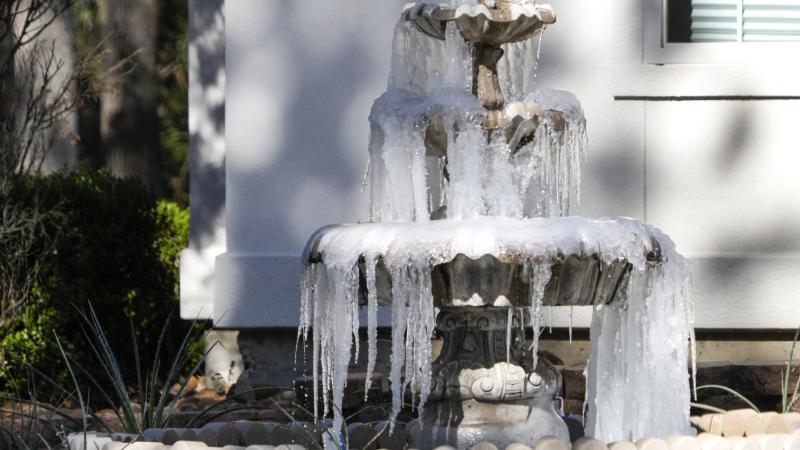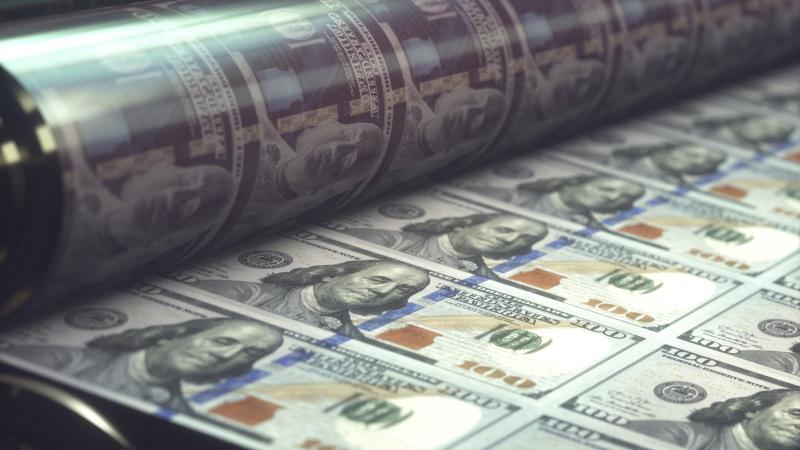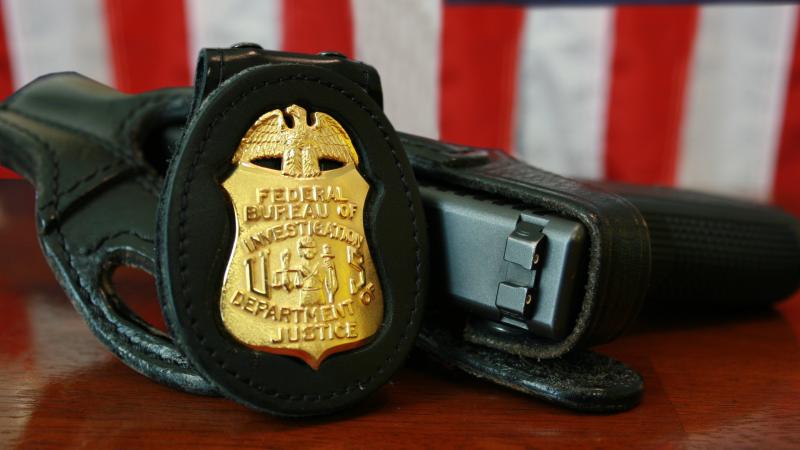Elites out of touch? Study shows the influential 1% hold different views from average Americans
According to the project, the elite one percent who influence media narratives live in densely populated urban areas, make over $150K a year and have a postgraduate degree. But for whom do they speak?
When it comes to elitists in America, a recent study has shown that they are wildly out of touch with the average, everyday American people on a lot of issues such as freedom and the economy.
A project was recently conducted by prominent pollster Scott Rasmussen titled "Elite 1 Percent" goes into detail about who the one percent are and what their views are regarding American policies.
According to the project, the elite one percent live in densely populated urban areas, make over $150K a year and have a postgraduate degree.
"Too much freedom"
"The views and influence of the Elite 1% may be the root cause of the political toxicity in our nation today," Rasmussen wrote on the social media platform, X. "Their underlying attitudes reflect an implicit rejection of the ideal that governments derive their only just authority from the consent of the governed." Some of the basics that Rasmussen observed is that the "elites" identify as Democrats, by 73%, more than half of them being between the ages of 35 and 54.
Rasmussen found in his study that 47% of the elite one percent think that Americans have "too much freedom."
“The Elite 1% wield a tremendous amount of institutional power but are wildly out of touch with the nation they want to rule," he said.
“Over the years they have built institutions and mechanisms of regulatory power that are immune to the checks and balances of elections. Worse still, these same elites own, operate, and control a large majority of media outlets, blocking out the true voice of the American people and broadcasting their own out of touch viewpoints," he continued.
Another difference between everyday Americans and the elite one percent is that 70% of the elite trust the government to make the right decisions.
Trust in government
In April of 2024, a study came out that said only about 22% of Americans trust the federal government.
"Trust in government began eroding during the 1960s, amid the escalation of the Vietnam War, and the decline continued in the 1970s with the Watergate scandal and worsening economic struggles," the Pew Research Center said in the report. "As of April 2024, 22% of Americans say they trust the government in Washington to do what is right “just about always” (2%) or “most of the time (21%) that report said.
Rasmussen posits that many of the elites are unaware of the thought gap between them and everyday American people.















